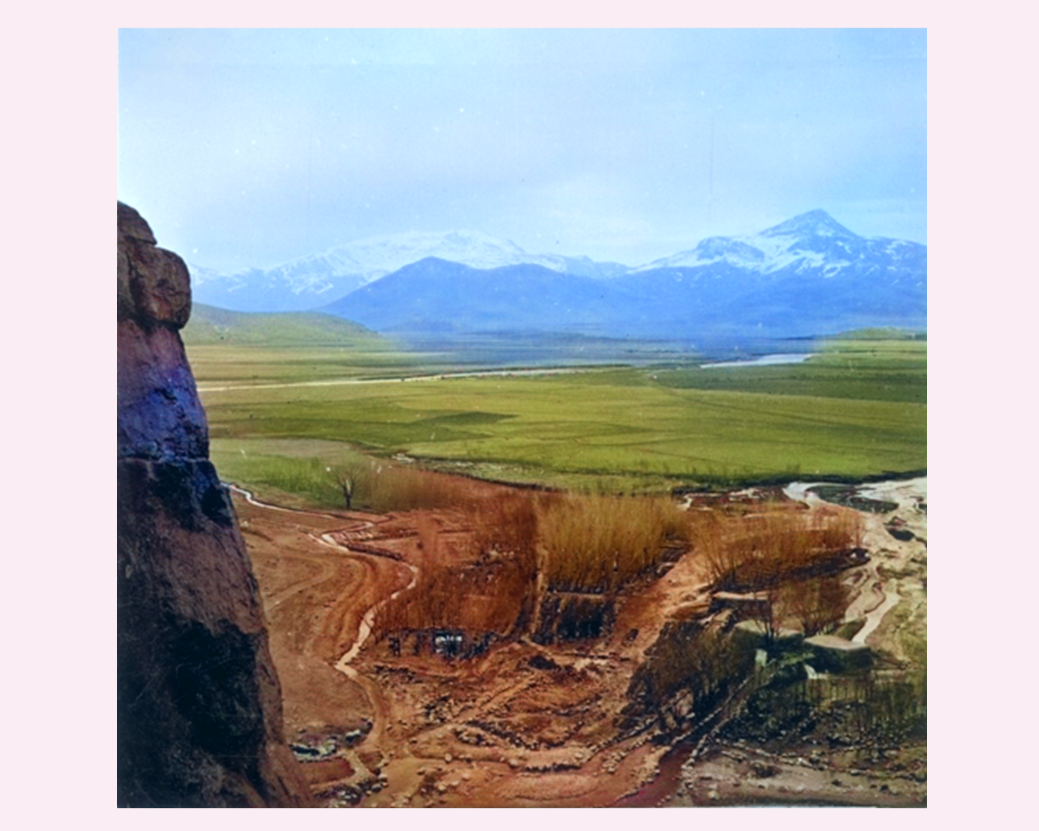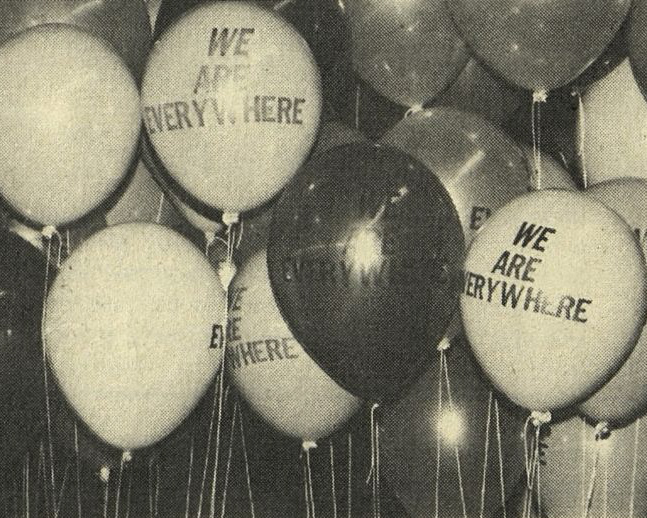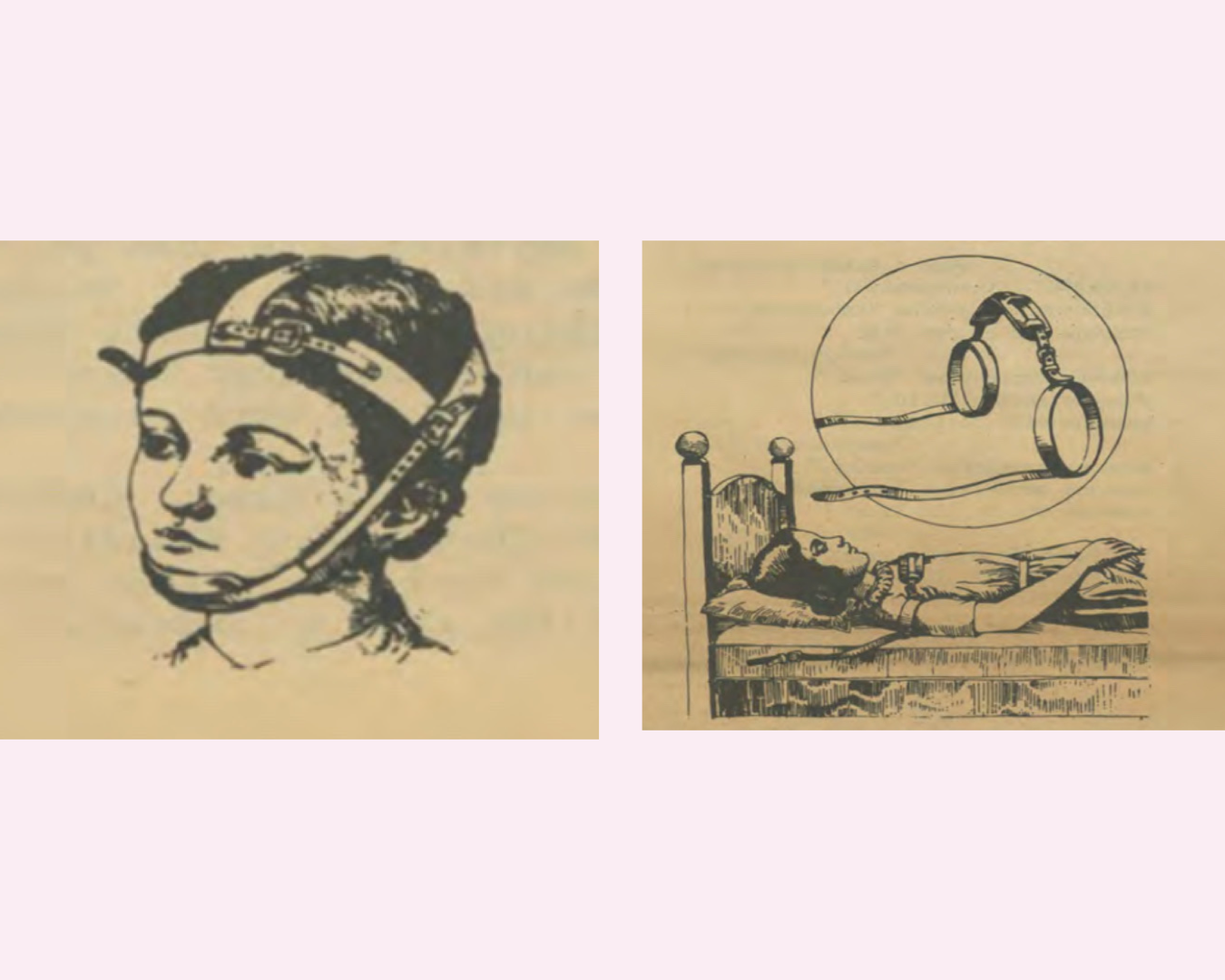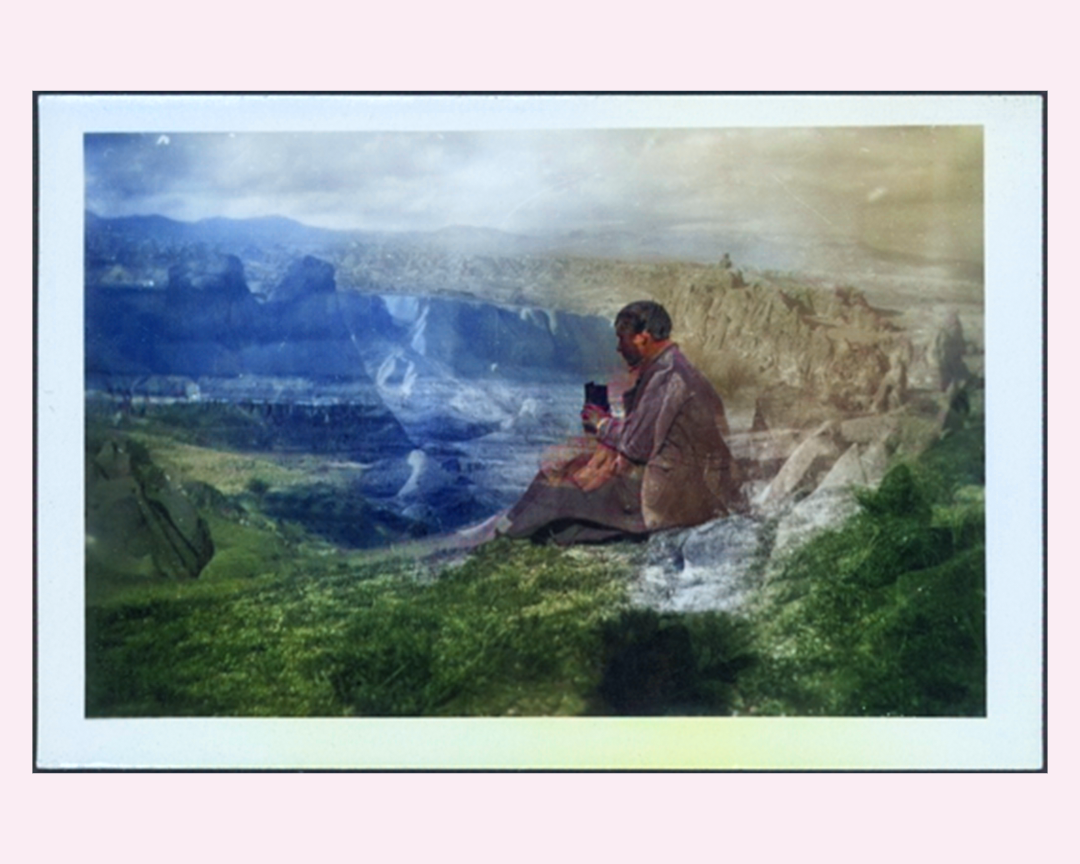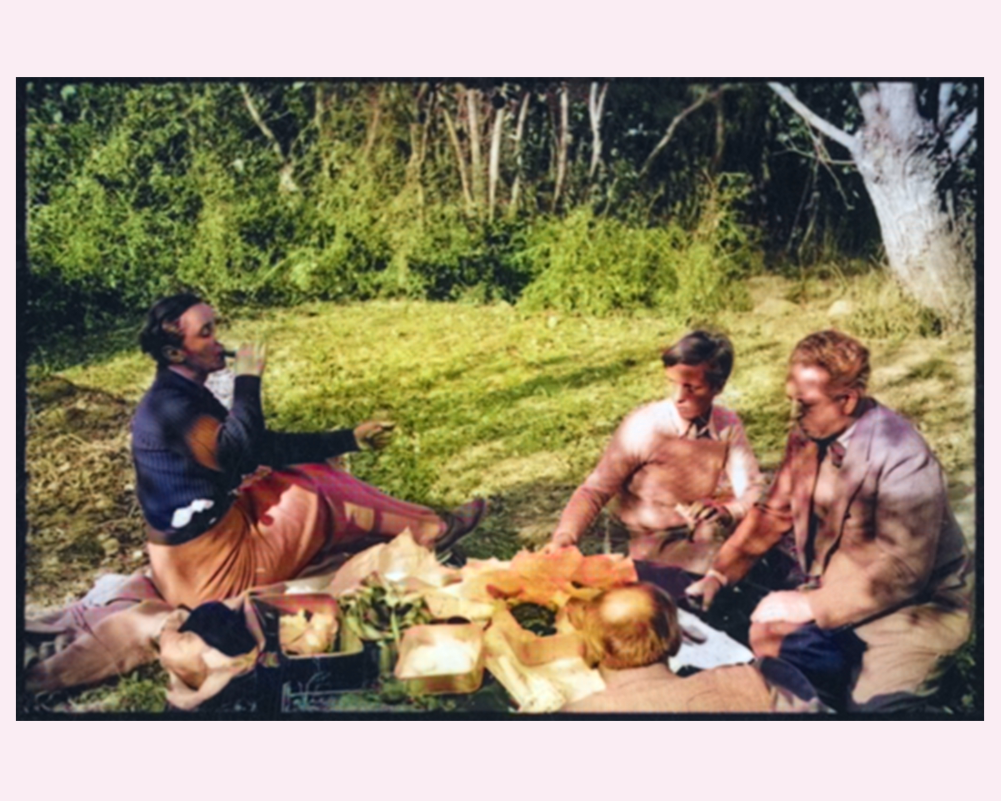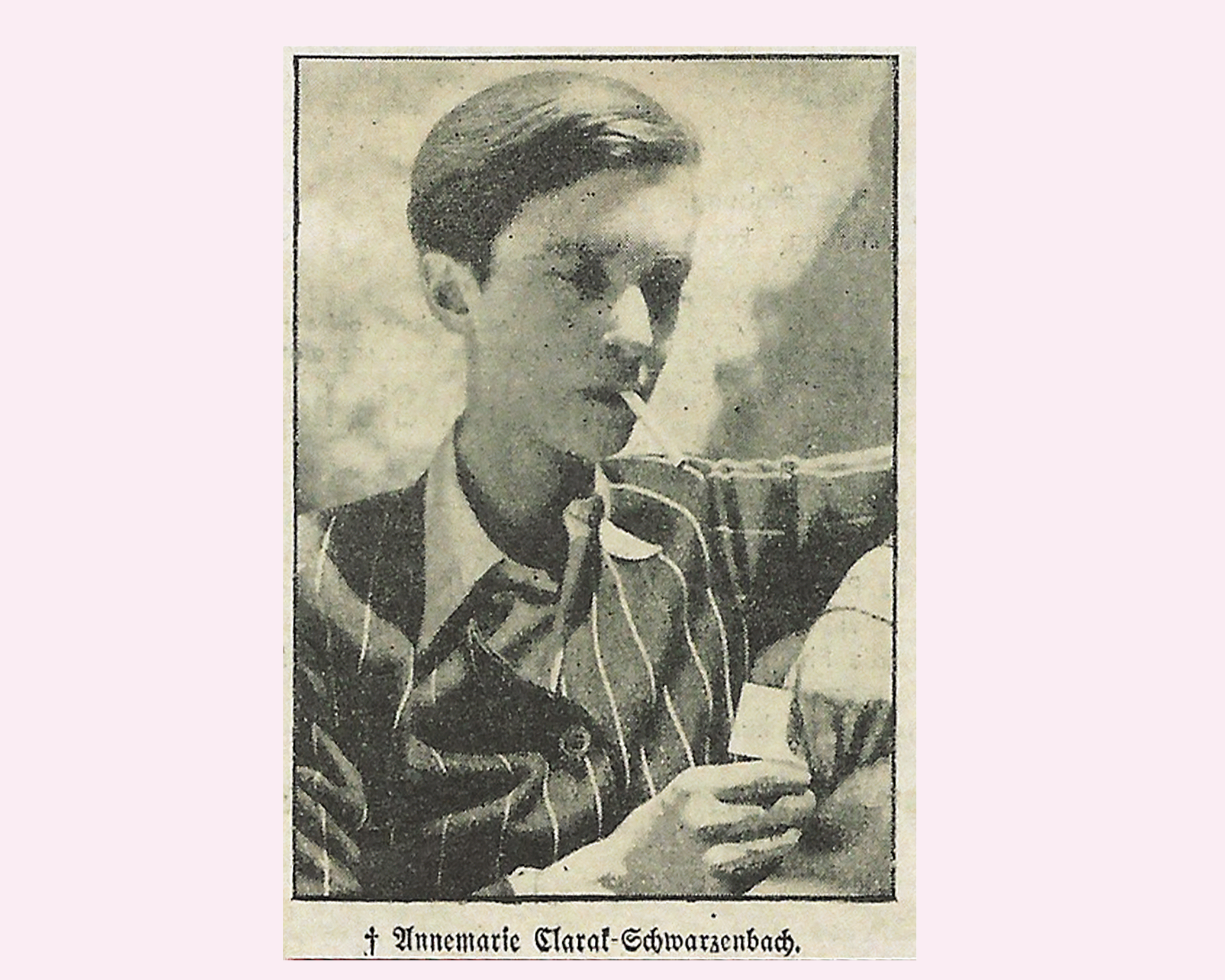Quotes from "Orientalism"
By Edward Said
*****
Since World War II, and more noticeably after each of the Arab-Israeli wars, the Arab Muslim has become a figure in American popular culture.... This symbolizes a major change in the international configuration of forces. France and Britain no longer occupy center stage in world politics; the American imperium has displaced them. A vast web of interests now links all parts of the former colonial world to the United States.
***
After the 1973 war the Arab appeared everywhere.... Cartoons depicting an Arab sheik standing behind a gasoline pump turned up consistently. These Arabs, however, were clearly "Semitic": their sharply hooked noses, the evil mustachioed leer on their faces, were obvious reminders (to a largely non-Semitic population) that "Semites" were at the bottom of all "our" troubles, which in this case was principally a gasoline shortage. The transference of a popular anti-Semitic animus from a Jewish to an Arab target was made smoothly, since the figure was essentially the same.
***
If the Arab occupies space enough for attention, it is as a negative value. He is seen as the disrupter of Israel's and the West's existence, or in another view of the same thing, as a surmountable obstacle to Israel's creation in 1948. Insofar as this Arab has any history, it is part of the history given him (or taken from him: the difference is slight) by the Orientalist tradition, and later, the Zionist tradition. Palestine was seen-- by Lamartine and the early Zionists-- as an empty desert waiting to burst into bloom; such inhabitants as it had were supposed to be inconsequential nomads possessing no real claim on the land and therefore no cultural or national reality. Thus the Arab is conceived of now as a shadow that dogs the Jew. In that shadow... can be placed whatever traditional, latent mistrust a Westerner feels towards the Oriental. For the Jew of pre-Nazi Europe has bifurcated: what we have now is a Jewish hero, constructed out of a reconstructed cult of the adventurer-pioneer Orientalist (Burton, Lane, Renan), and his creeping, mysteriously fearsome shadow, the Arab Oriental.
***
Without the usual euphemisms, the question most often being asked is why such people as the Arabs are entitled to keep the developed (free, democratic, moral) world threatened. From such questions comes the frequent suggestion that the Arab oil fields be invaded by the marines.
***
In newsreels or news photos, the Arab is always shown in large numbers. No individuality, no personal characteristics or experiences.
Lurking behind all of these images is the menace of jihad. Consequence: a fear that the Muslims (or Arabs) will take over the world. Books and articles are regularly published on Islam and the Arabs that represent absolutely no change over the virulent anti-Islamic polemics of the Middle Ages and the Renaissance.
***
For no other ethnic or religious group is it true that virtually anything can be written or said about it, without challenge or demurral. The 1975 course guide put out by the Columbia College undergraduates said about the Arabic course that every other word in the language had to do with violence, and that the Arab mind as "reflected" in the language was unremittingly bombastic. A recent article by Emmett Tyrrell in Harper's magazine was even more slanderous and racist, arguing that Arabs are basically murderers and that violence and deceit are carried in the Arab genes.
***
In its February 1974 issue, Commentary gave its readers an article by Professor Gil Carl Alroy entitled "Do the Arabs Want Peace?" Alroy is a professor of political science and is the author of two works, Attitudes Towards Jewish Statehood in the Arab World and Images of Middle East Conflict; he is a man who professes to "know" the Arabs, and is obviously an expert on image making. His argument is quite predictable: that the Arabs want to destroy Israel, that the Arabs really say what they mean (and Alroy makes ostentatious use of his ability to cite evidence from Egyptian newspapers, evidence he everywhere identifies with "Arabs" as if the two, Arabs and Egyptian newspapers, were one), and so on and on with unflagging, one-eyed zeal. At the center of his article, as it is the center of previous work by other "Arabists" (synonymous with "Orientalists"), like General Harkabi, whose province is the "Arab mind," is a working hypothesis on what Arabs, if one peels off all the outer nonsense, are really like. In other words, Alroy must prove that because Arabs are, first of all, as one in their bent for bloody vengeance, second, psychologically incapable of peace, and third, congenitally tied to a concept of justice that means the opposite of that, they are not to be trusted and must be fought interminably as one fights any other fatal disease.
***
A survey entitled "The Arabs in American Textbooks" reveals the most astonishing misinformation, or rather the most callous representations of an ethnic-religious group. One book asserts that "few people of this [Arab] area even know that there is a better way to live," and then goes on to ask disarmingly, "What links the people of the Middle East together?" The answer, given unhesitatingly, is, "The last link is the Arab's hostility-- hatred-- toward the Jews and the nation of Israel."
From this matrix other myths pour forth, each of them showing the Semite to be the opposite of the Westerner and irremediably the victim of his own weaknesses.
***
The system of ideological fictions I have been calling Orientalism has serious implications not only because it is intellectually discreditable. For the United States today is heavily invested in the Middle East, more heavily than anywhere else on earth: the Middle East experts who advise policymakers are imbued with Orientalism almost to a person. Most of this investment, appropriately enough, is built on foundations of sand, since the experts instruct policy on the basis of such marketable abstractions as political elites, modernization, and stability, most of which are simply the old Orientalist stereotypes dressed up in policy jargon, and most of which have been completely inadequate.... The Orientalist now tries to see the Orient as an imitation West which, according to Bernard Lewis. can only improve itself when its nationalism "is prepared to come to terms with the West." If in the meantime the Arabs, the Muslims, or the Third and Fourth Worlds go unexpected ways after all, we will not be surprised to have an Orientalist tell us that this testifies to the incorrigibility of Orientals and therefore proves that they are not to be trusted.
-- 1978
*****
Questions? Comments? Submit them here!
